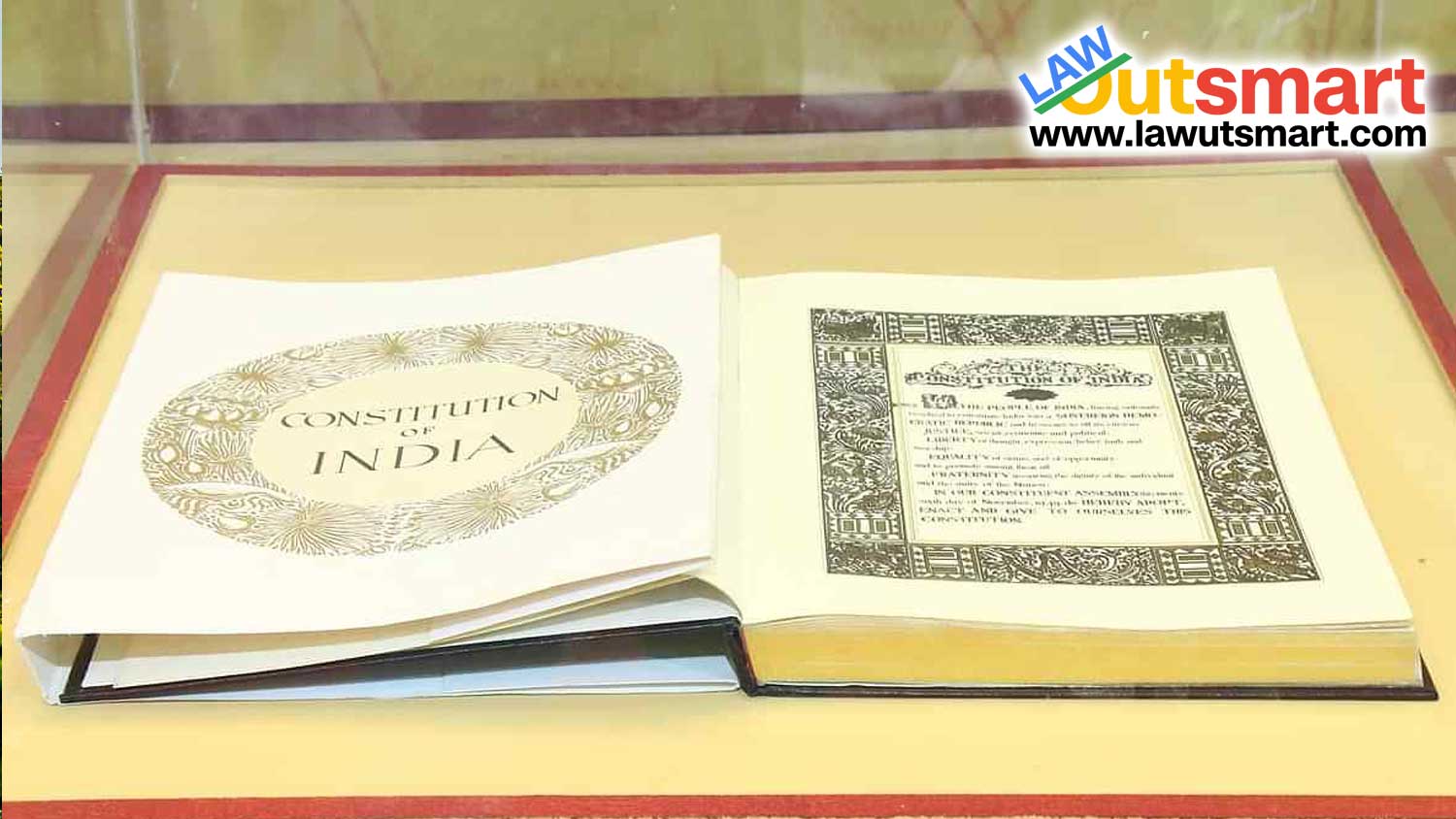The Fundamental Rights of the people of India are enshrined in Part III of the Indian Constitution and serve as the cornerstone of individual freedoms and liberties. These rights guarantee citizens certain basic rights and protect them from the arbitrary actions of the state. In this comprehensive article, we will explore the significance, historical context, and key provisions of the Fundamental Rights in India.
Historical Background
The Fundamental Rights of India find their roots in the struggle for independence from British colonial rule. The leaders of the Indian freedom movement, inspired by democratic principles and individual rights, recognized the need to secure these rights in the future constitution of an independent India. Consequently, when the Constituent Assembly of India was convened in 1946, a committee chaired by Sardar Vallabhbhai Patel was tasked with formulating a framework for these essential rights.
Fundamental Rights
Originally, the Constitution of India provided seven fundamental rights. The Right to Property was provided under Articles 19 and 31.
Through the 44th Constitutional Amendment Act of 1978, the Right to Property was removed from the list of Fundamental Rights of the Constitution and made a legal right under Article 300-A in Part 12 of the Indian Constitution.
At present, the six fundamental rights of the People of India are:
- Right to equality (Article 14–18)
- Right to freedom (Article 19–22)
- Right against exploitation (Article 23–24)
- Right to freedom of religion (Article 25–28)
- Cultural and educational rights (Article 29–30)
- Right to constitutional remedies (Article 32-35)
The Fundamental Rights in the Indian Constitution consist of several key provisions:
1. Right to Equality (Articles 14-18):
- Article 14 ensures equality before the law and equal protection of the laws.
- Article 15 prohibits discrimination on grounds of religion, race, caste, sex, or place of birth.
- Article 16 guarantees equal opportunities in public employment.
- Article 17 abolishes “untouchability,” declaring it a punishable offense.
- Article 18 abolishes titles of nobility.
2. Right to Freedom (Articles 19-22):
- Article 19 grants six freedoms:
- freedom of speech and expression,
- freedom of assembly,
- freedom to form associations or unions,
- freedom to move freely throughout India,
- freedom to reside and settle in any part of India, and
- freedom to practice any profession, occupation, or trade.
- Article 20 provides protection against self-incrimination and double jeopardy.
- Article 21 safeguards the right to life and personal liberty.
- On 24 August 2017, the Supreme Court of India in its Right to Privacy verdict ruled that: “Right to Privacy is an integral part of Right to Life and Personal Liberty guaranteed in Article 21 of the Constitution.”
- Article 21A (added by the 86th Amendment) guarantees the Right to Education to children aged 6-14.
3. Right Against Exploitation (Articles 23-24)
- Article 23 prohibits human trafficking and forced labor.
- Article 24 prohibits child labor under the age of 14 in hazardous employment.
4. Right to Freedom of Religion (Articles 25-28)
- Article 25 guarantees the freedom of conscience and the right to freely profess, practice, and propagate religion.
- Article 26 provides the right to manage religious affairs.
- Article 27 prohibits the use of public funds for religious institutions.
- Article 28 deals with religious instruction in educational institutions funded by the state.
5. Cultural and Educational Rights (Articles 29-30)
- Article 29 safeguards the rights of minorities to conserve their culture, language, and script.
- Article 30 provides the right of religious and linguistic minorities to establish and administer educational institutions of their choice.
6. Right to Constitutional Remedies (Article 32)
Article 32 empowers citizens to approach the Supreme Court for the enforcement of Fundamental Rights through writ petitions (habeas corpus, mandamus, prohibition, certiorari, and quo warranto).
Significance and Enforcement
The Fundamental Rights are not absolute and are subject to certain restrictions in the interest of public order, morality, and security. However, they play a crucial role in safeguarding individual liberties and ensuring social justice.
The Supreme Court of India acts as the guardian of these rights and has the authority to strike down any law or government action that violates them. Over the years, the judiciary has delivered numerous landmark judgments that have expanded and clarified the scope of these rights, contributing to their evolution.
Conclusion
The Fundamental Rights of the people of India are a testament to the commitment of the Indian Constitution to justice, equality, and individual freedom. They serve as a bulwark against arbitrary state action and have been instrumental in protecting the rights and dignity of Indian citizens. These rights are not merely legal provisions; they represent the values and principles upon which modern India is built, ensuring that every citizen can live a life of dignity, equality, and freedom.

